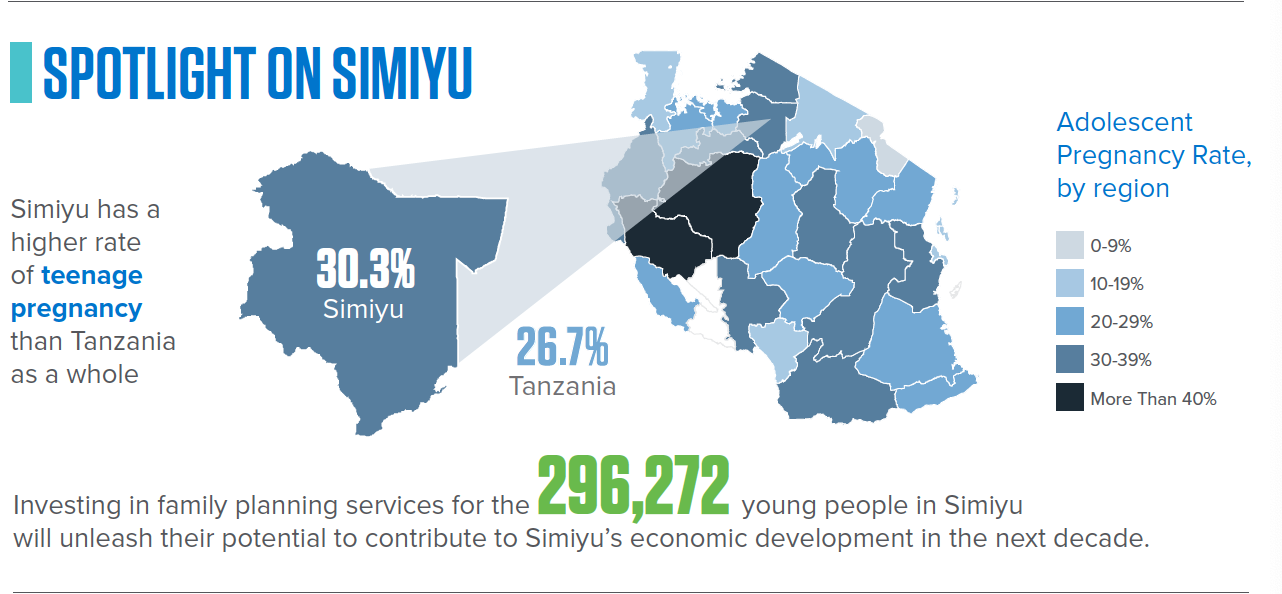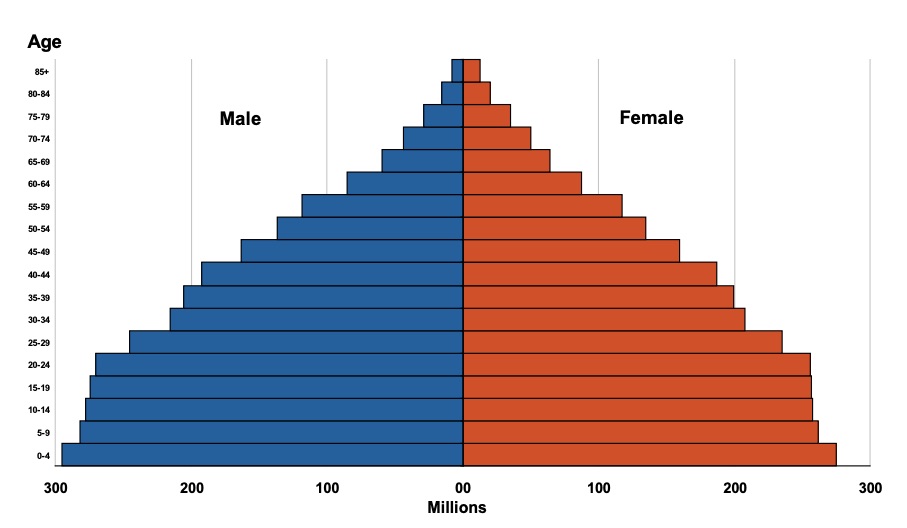Project: Empowering Evidence-Driven Advocacy
Accelerating Family Planning Progress in Tanzania
Data from the latest Demographic and Health Survey show that Tanzania did not achieve its commitment to increase the contraceptive prevalence rate to 60 percent by 2015.



